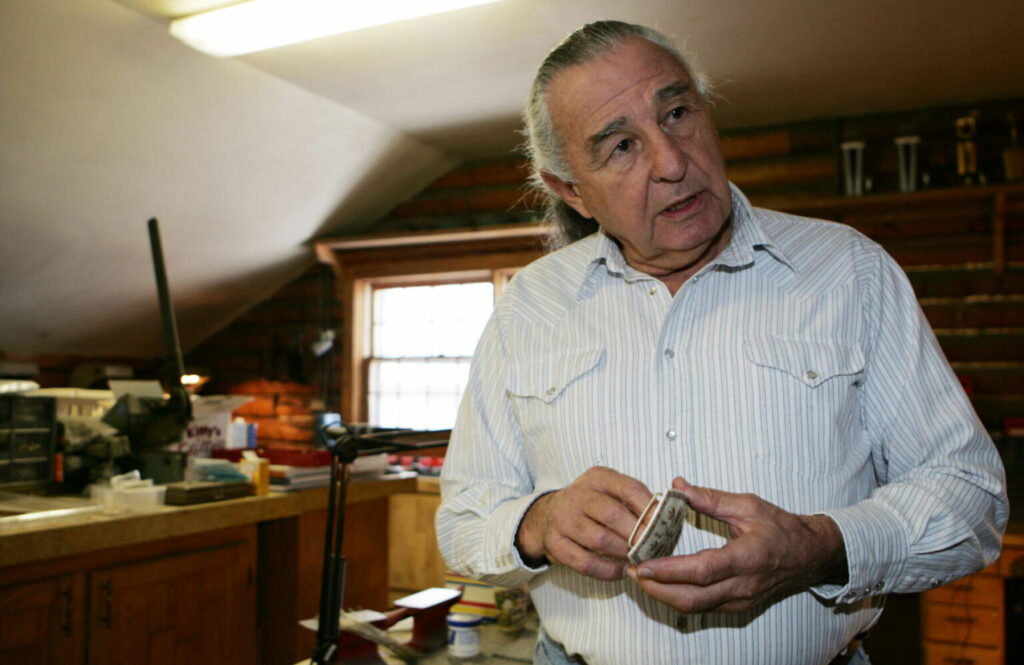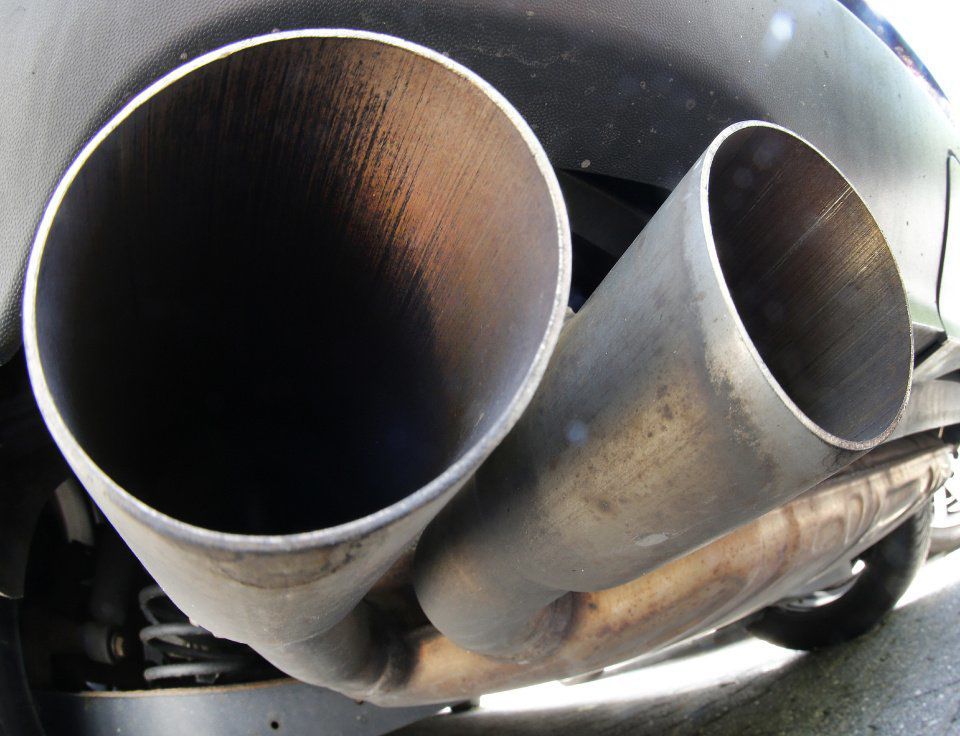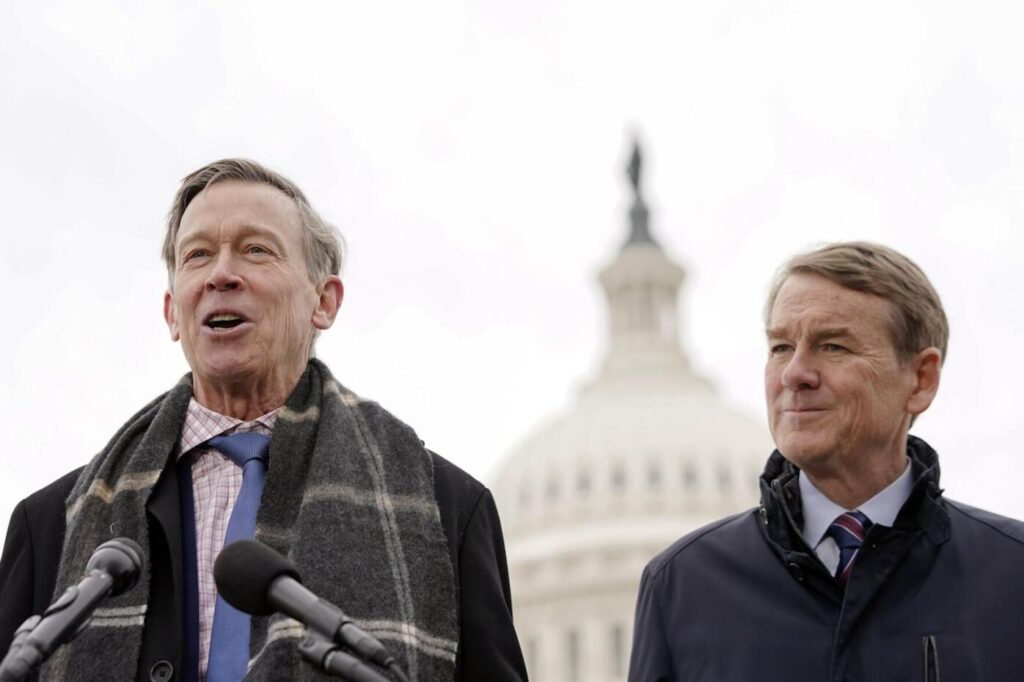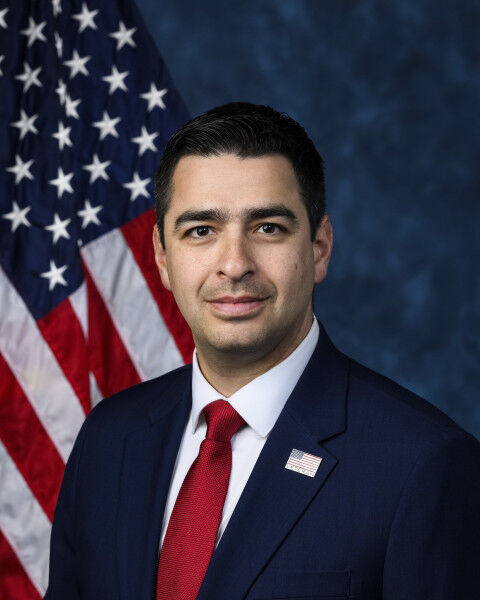White House assures Colorado that EPA grants moving forward, despite Trump directive
The White House on Thursday offered assurances to Gov. John Hickenlooper that recent directives to the Environmental Protection Agency won’t significantly impact ongoing environmental projects in the state.
The assurance comes after the Trump administration this week instructed officials at the EPA to freeze grants and contracts, which left state-level leaders in a vacuum of uncertainty.
Those grants assist with funding critical environmental programs, including maintaining clean drinking water, cleaning up blighted sites, permitting and inspecting oil and gas operations, funding local communities for environmental needs, responding to emergencies and ensuring that facilities comply with clean-air standards, to name a few areas.
“We have received assurances from the White House that all state grants are moving forward,” a spokeswoman for Hickenlooper told ColoradoPolitics.com.
The state receives about $28 million in annual federal grants from the EPA for various environmental programs. It represents about one-third of the state health department’s budget.
Of particular concern was any impact to clean up efforts stemming from the August 2015 southwest Colorado Gold King Mine spill. After the EPA admitted fault in the spill, which resulted in about 3 million gallons of mustard yellow mining sludge pouring into the Animas River, federal authorities listed it as a Superfund site in a long-term reclamation effort.
U.S. Sen. Michael Bennet, a Democrat, on Thursday sent a letter to the Trump administration outlining serious concerns stemming from the administration’s directives, though it appears that with the Thursday afternoon assurances from the White House, those concerns may have been addressed.
“The EPA’s suspension of grant and contract funds, even if only temporary, could affect communities across Colorado,” Bennet wrote to Trump chief of staff Reince Priebus.
Further details into the assurances from the White House were not immediately available on Thursday.
U.S. Sen. Cory Gardner, a Republican, also confirmed that the “temporary freeze” at the EPA would not affect Gold King Mine spill cleanup or other state grants.
“The EPA’s intended nominee has committed to reviewing the issues surrounding the Gold King Mine spill, and I will hold him to this promise,” Gardner said.
Trump’s choice to lead the EPA, Oklahoma Attorney General Scott Pruitt, must still be confirmed by the U.S. Senate. He has faced an initial confirmation hearing.
A spokeswoman for U.S. Rep. Scott Tipton, R-Cortez, whose district includes the Gold King Mine area near Durango, also expressed relief.
“We are glad that the administration has provided clarification to resolve any confusion about the directive,” said Liz Payne.
In addition to ordering the freeze on grants and contracts, the Trump administration this week also instructed EPA staff not to issue press releases or social media posts, which essentially amounted to a temporary media blackout.
The added level of bureaucracy only added to the confusion and uncertainty.
“It’s not inappropriate for them to review the checks that they’re asked to sign. A review is appropriate. But the way that this was communicated created a lot of uncertainty and concern for people,” said John Swartout, senior policy advisor to Hickenlooper, who has a focus on rural issues.
Last week, EPA spokespeople based in Denver openly discussed their confidence in the transition.
“That’s one of the beauties of Superfund, is it’s quite a nicely established process, and very methodical in how we look at these environmental situations and come up with solutions based on our investigation,” Rebecca Thomas, an EPA Region 8 spokeswoman, told ColoradoPolitics.com.
But days later, after the Trump directive, EPA staff were reluctant to comment on the transition. Inquiries were relayed to Washington, D.C. Even one EPA spokesperson in D.C. declined to comment, relaying the message to a general press inquiry department within the EPA.
State leaders will continue to monitor the situation to ensure that the White House makes good on its assurances. Of note is 28 Superfund sites in Colorado, as well as the other general funding for environmental issues.
Colorado is in a precarious situation if the grants dry up, as the state has already spent money on environmental projects. Losing grant money would mean the state would not be reimbursed.
“If they decided to freeze this over a long period of time, it would have consequences,” Swartout said. “The work would still happen, but not at the same rate and pace.”











